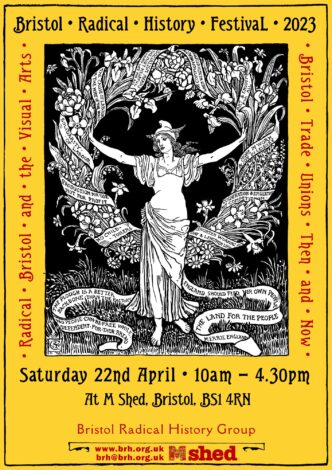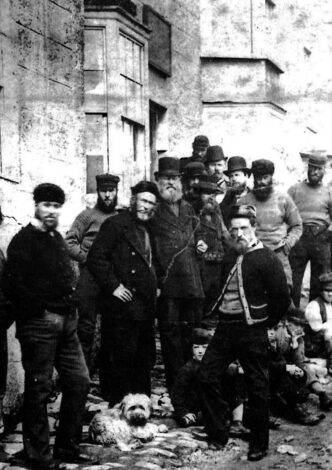Trade Unions Then – Tramways 1901 and Print 1985-86
The Bristol Tramways Lock-Out, 1901 - Rob Whitfield In the summer of 1901 the Bristol Tramways Company sacked 90 employees who had recently joined the Gasworkers’ and General Labourers’ Union. Another 300 tramways employees went on strike in support of their dismissed fellow workers. This action by the Tramways Company was a direct challenge to the trade union movement in Bristol and beyond, and the wider labour movement rallied in support of the tramwaymen. The company threw all the resources […]








